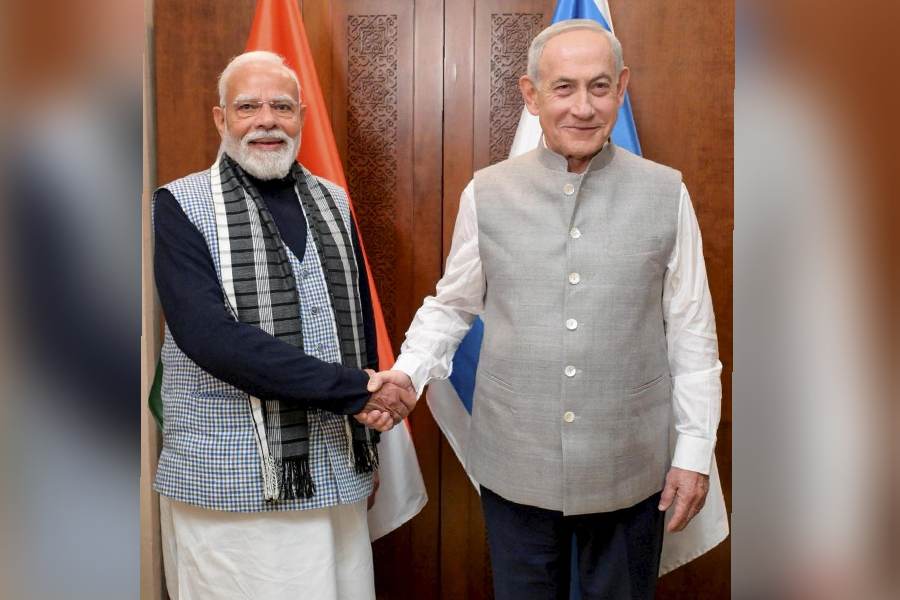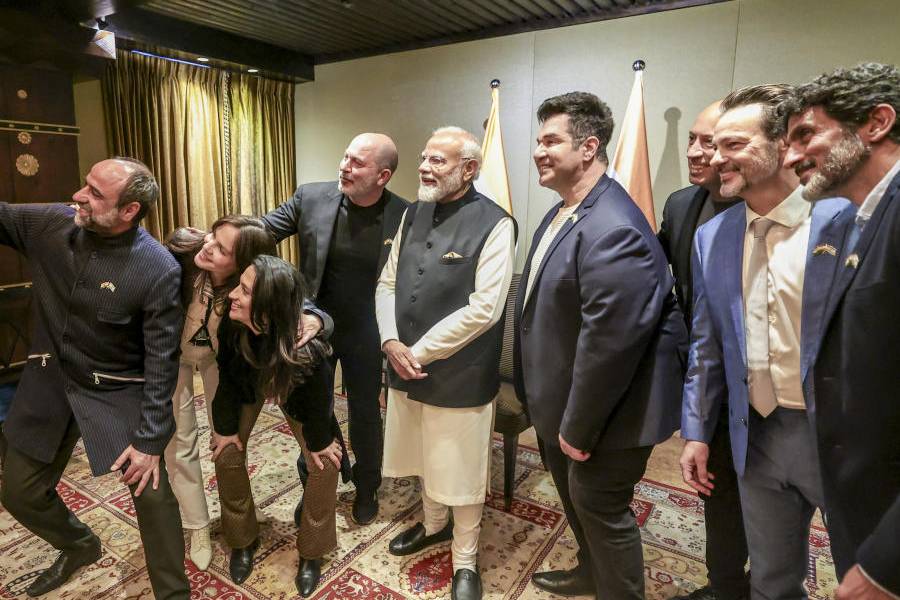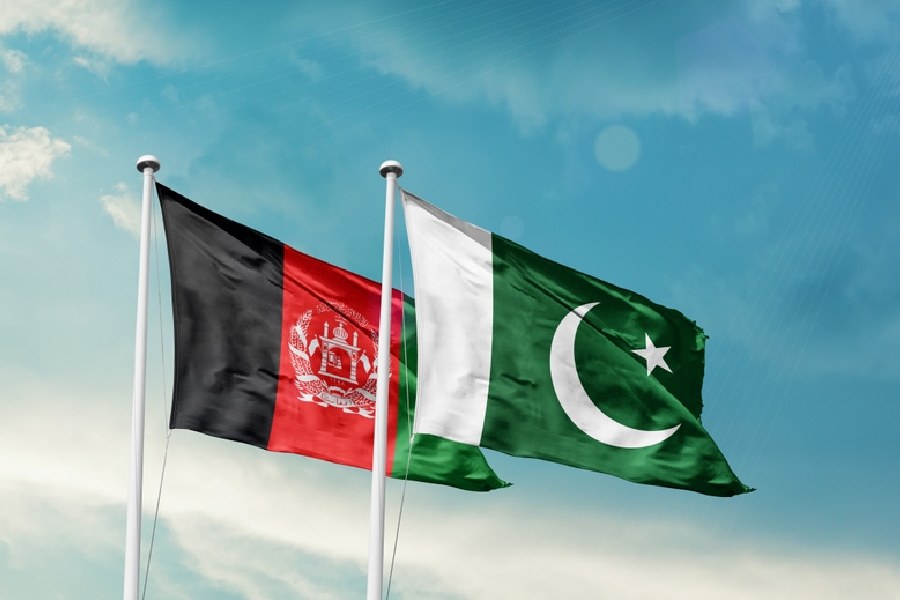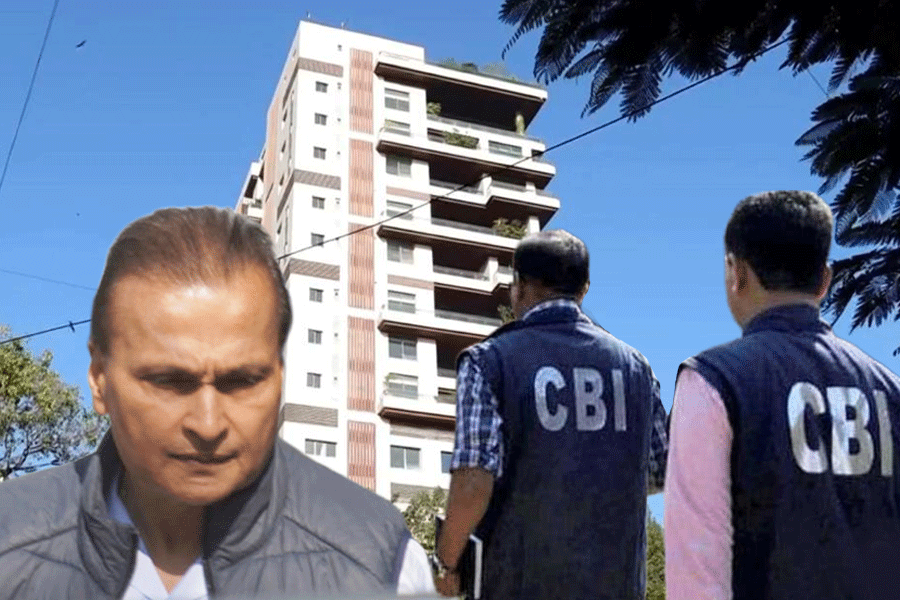The Union government Tuesday introduced the Immigration and Foreigners Bill, 2025, in the Lok Sabha, to consolidate existing immigration laws and introduce provisions to deny entry to foreigners deemed a “threat to national security.”
Tabling the bill, Union Minister of State for Home Affairs Nityanand Rai said its objective was not to prevent anyone from coming to India but to ensure national security and sovereignty.
“Tourists are welcome, but it is the government’s responsibility to maintain peace and sovereignty,” Rai said, dismissing concerns over the legislative competence to enact the law.
He asserted that the Centre has the necessary authority under the Union List to legislate on immigration matters.
The Opposition, led by the Congress, opposed the bill, calling for its withdrawal or referral to a Joint Parliamentary Committee (JPC).
Congress MP Manish Tewari said the bill violated multiple fundamental rights and could be misused by any government against individuals whose political or ideological views differed from those of the ruling establishment.
“Either this bill should be withdrawn or referred to a JPC for very careful consideration,” he said.
Trinamool Congress MP Saugata Roy argued that its provisions were too stringent for foreigners. He also pointed out the absence of Union Home Minister Amit Shah during the discussion.
Rai reaffirmed that the bill does not seek to bar foreigners but to ensure adherence to Indian laws. He said the government must safeguard the nation’s security, progress, and sovereignty while facilitating streamlined immigration procedures.
The bill aims to integrate and streamline various services related to the entry, stay, and exit of foreigners in India. At present, these are governed by the Registration of Foreigners Act, 1939, and the Foreigners Act, 1946.
Foreigners seeking to enter India can obtain visas in physical or sticker form from Indian missions abroad, while the Bureau of Immigration (BoI) grants electronic visas under seven categories to nationals from 167 countries.
Visa-on-arrival is provided at six designated airports to nationals of Japan, South Korea, and the UAE (only for those who have previously obtained an e-visa or regular visa for India).
The BoI, along with state governments and Union Territory administrations, regulates the stay, movement, and exit of foreigners in India.
Under existing rules, foreigners on long-term visas (exceeding 180 days) for student, medical, research, employment, missionary, and project purposes must register with the Foreigners Regional Registration Officer (FRRO) or the Foreigners Registration Officer (FRO) within 14 days of arrival.
Pakistani nationals are required to register within 24 hours of their arrival.
Other laws governing foreigners in India include the Citizenship Act, 1955, which regulates the acquisition and termination of Indian citizenship and the registration of Overseas Citizens of India (OCI).
The Passports Act, 1967, governs the issuance of passports and travel documents, while the Immigration (Carriers' Liability) Act, 2000, holds transport carriers accountable for passengers brought into India in violation of passport regulations.
Certain protected areas in India require special permits for foreigners, including multiple states in the Northeast, the Andaman and Nicobar Islands, and parts of Jammu and Kashmir, Uttarakhand, Himachal Pradesh, and Rajasthan.
According to the Union home ministry, a total of 98,40,321 (98.40 lakh) foreigners visited India between April 1, 2023, and March 31, 2024.










